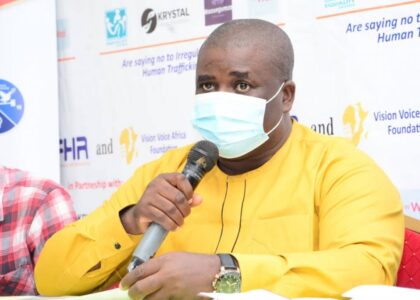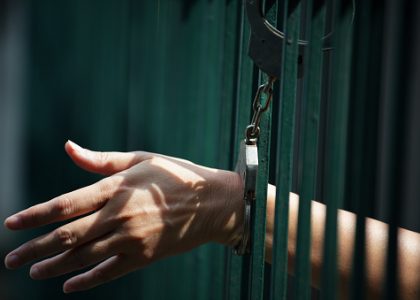1. Lack of Reports by the Victims
Many victims of trafficking do not report what is happening to them due to fear of law enforcement, and many trafficking survivors’ fears of law enforcement are entirely reasonable. Too many survivors and people from marginalized communities have been harassed, profiled, or assaulted by law enforcement, or know that reporting will put their loved ones at risk of violence.
2. Vulnerability to many forms of violence and exploitation.
Automatically involving law enforcement without survivor consent will disproportionately harm the communities at the highest risk of human trafficking, which increases their vulnerability to many forms of violence and exploitation
3. Conflict of Interest
A hotline can either be for survivors or to increase policing and prosecution, but trying to be both is a conflict of interest. Many survivors will not call a hotline they know may report automatically to law enforcement. And hiding this information so they won’t know until they’ve disclosed? That just reinforces the message that other people can trick them in order to get something from them.
4. Misinformation
Misinformation, sensationalism, and racialized bias in anti-trafficking “awareness” has confused the public about what trafficking is, and engaging law enforcement based on every second-hand report will create racialized and gendered harassment of vulnerable communities, including through “swatting.” (See: NBC News)
5. Hotline calls are an unreliable source
Hotline calls are an unreliable source of data about human trafficking, which can then impact funding for resources. H.R.2601’s chilling effect on calls to the hotline will further confuse the public (as well as legislators) about what kinds of services are needed and at what level. Additionally, high call levels of tips cause longer waits for people reaching out for help.
6. Hotline Benefits the Criminals
A hotline geared towards supporting victims ultimately benefits criminal legal engagement for those survivors who choose to report, when they have had time to process their fears and plan for their own and their loved ones’ safety with a trained hotline counselor.




